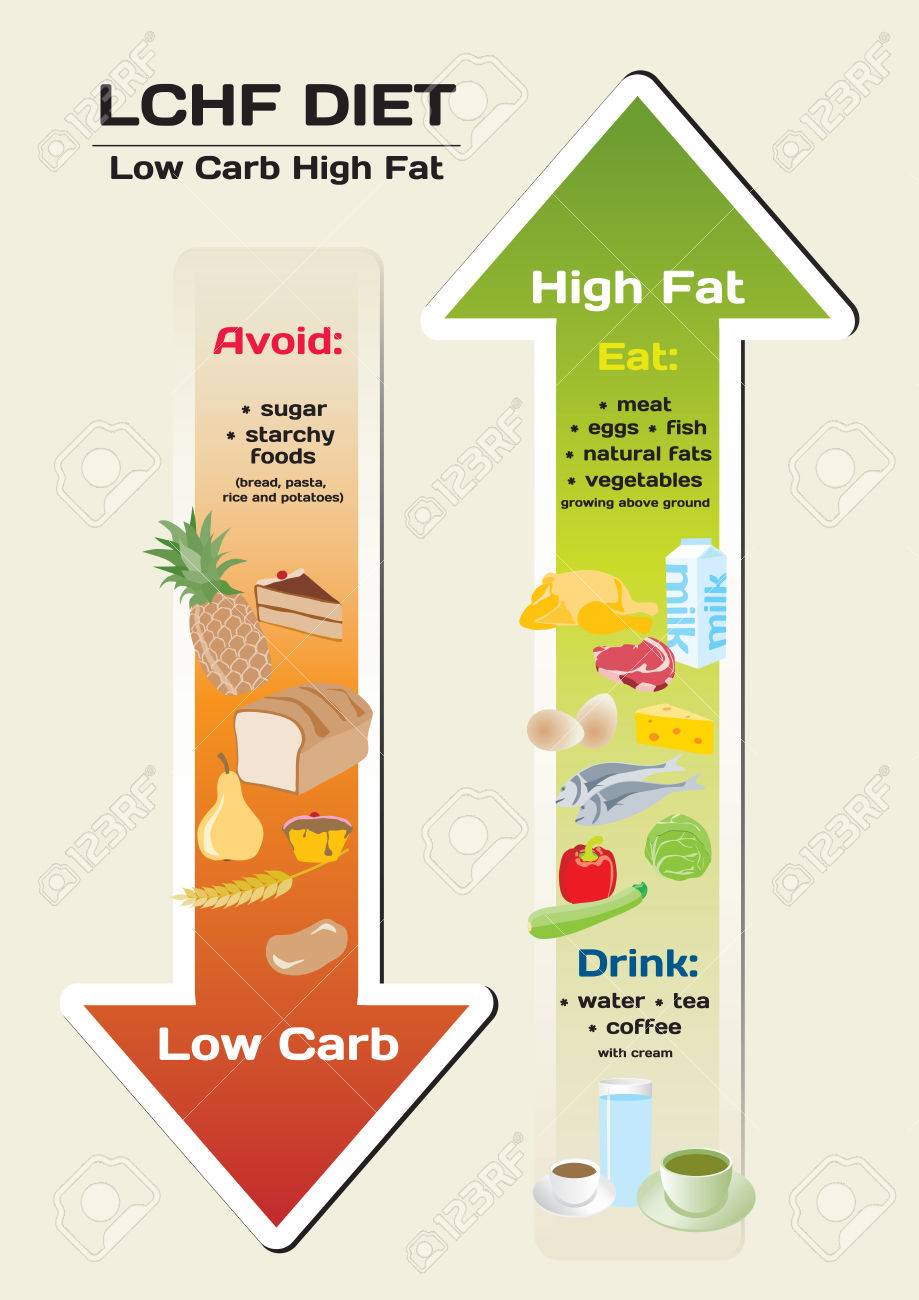
New Coalition to Push For Low-carb Diet to Be Added to U.S. Nutrition Guidelines
Both the U.S. and Canadian governments have been reluctant to include the LCHF (low carb, high fat)/Keto diet as an acceptable option for the populations in both countries.
We recently experienced this here in Canada when the Canadian government revised the Canada food guidelines and despite a significant lobbying effort by researchers, clinicians and the general public they chose to not include the LCHF/Keto diet.
Now in the U.S. a coalition of stakeholders has formed to lobby the U.S. government to include the LCHF/Keto diet in its recommendations.
This group of stakeholders includes researchers, clinicians and members of the general public.
It is only a matter of time before both governments incorporate the LCHF/Keto diet into their recommendations.
There is no one diet that works for everyone but there is no denying the considerable research that has been published on the health benefits of the LCHF/Keto diets, including weight management, potential reversal of Type 2 Diabetes, dementia and Alzheimer’s and many more.
Here is an article from the Natural Practitioner magazine on this topic.
A new group called the Low-Carb Action Network (LCAN), a coalition of doctors, academics, and average Americans with personal success stories using low-carb diets, has launched to urge U.S. nutrition leaders to include a true low-carb diet as part of the 2020 Dietary Guidelines for Americans (DGA).
LCAN members point to a large and rapidly growing body of strong scientific research showing carbohydrate restriction to be a safe and effective strategy to prevent and even reverse chronic, diet-related conditions such as pre-diabetes/type 2 diabetes, overweight/obesity and high blood pressure along with a broad array of other cardiovascular risk factors.
The American Diabetes Association (ADA) recently endorsed low-carb/keto diets as a standard of care for the prevention and management of type 2 diabetes, stating that the diet lowers blood pressure, controls blood sugar, lowers triglycerides (fatty acids in the blood), raises the “good” cholesterol (HDL-C), and reduces the need for medication use.
However, the DGA does not include a low-carb diet. For the 2015 DGA, USDA-HHS ignored some 70 clinical trials demonstrating the effectiveness of low-carb diets. LCAN does not want important scientific evidence to again be ignored.
LCAN members are also concerned that USDA (U.S. Department of Agriculture), in its current scientific reviews, is using an inaccurate definition of the diet that is not up-to-date with current science and will lead to misleading, untrustworthy results. Specifically, USDA is defining “low-carb” as 45 percent of total calories or less, when leaders in the field agree this number should be 25 percent.
Dr. Eric Westman, associate professor of medicine at Duke University emphasized that the current dietary guidelines do not apply to most Americans and that a variety of dietary options should be presented to the American people, including a low-carbohydrate diet.“One size does not fit all. If there is anything we’ve learned over the last four years, it’s that the low-carb approach should be a viable option,” he stated.
Dr. Mark Cucuzzella, professor of Family Medicine at West Virginia University added that a a majority of the patients he treats daily have obesity and “metabolic syndrome,” a combination of conditions driven by hyperinsulinemia that increase the risk of heart disease, stroke and diabetes.
“If the government has any responsibility to give advice on nutrition it should be focused on those who have a medical condition which is impacted by nutrition and provide evidence-based nutrition solutions, one being a low-carb diet. This diet is highly effective to prevent and treat diet-related illnesses and has decades of evidence to support it.
A study conducted last year by the University of North Carolina at Chapel concluded that only 12 percent of American adults are metabolically healthy, while 88 percent are on the way to developing type 2 diabetes, cardiovascular disease or another chronic, diet-related condition.
Dr. Nadir Ali, chairman, department of cardiology, Clear Lake Regional Medical Center, and research professor, Department of Nutrition and Applied Science, University of Houston in Texas, has significant experience in the science and practice of low-carb diets.
“As a cardiologist, I regularly prescribe a low-carb diet to treat patients with type 2 diabetes and other heart-related diseases to better their health and improve their quality of life,” said Dr. Ali. “Given the significant amount of scientific research and evidence supporting this diet, it’s time for U.S. nutrition policy leaders to prescribe a low-carb option for those who are tipping into obesity, diabetes, high blood pressure and more.”
LCAN plans to launch a grassroots campaign in the coming months to urge leaders at USDA and HHS to ensure that a properly defined low-carb diet is included in the DGA to provide a dietary option for the majority of Americans who suffer from diet-related, chronic diseases. The next meeting of the Dietary Guidelines Advisory Committee will be held next month in Houston.
For more information, visit https://lowcarbaction.org.